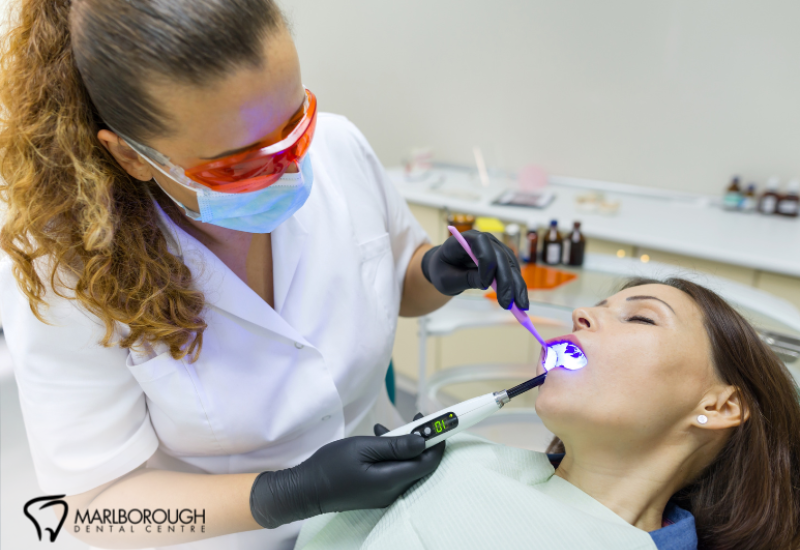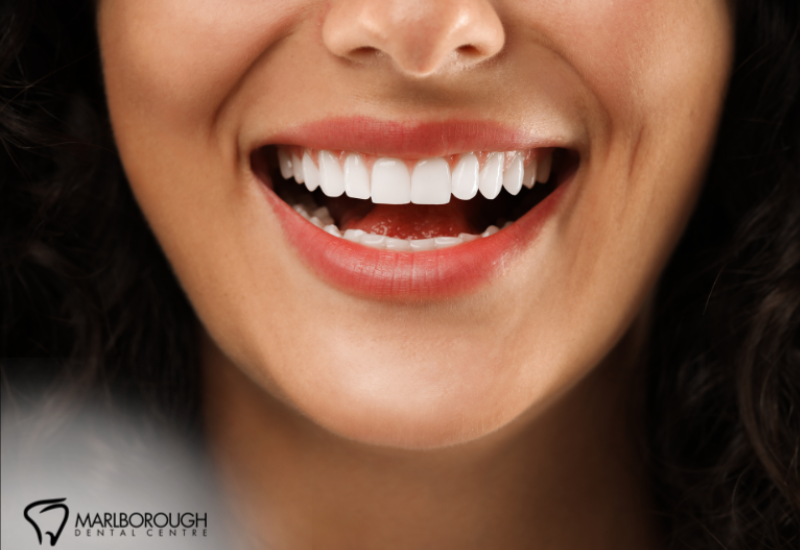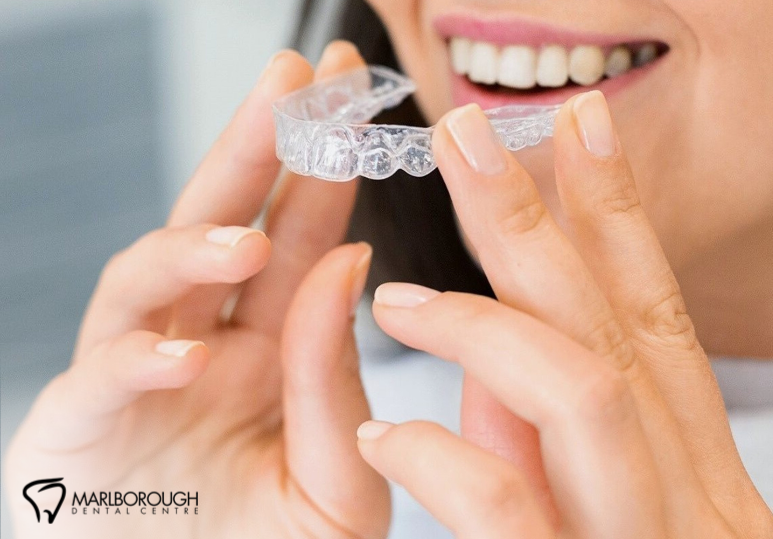Dental emergencies are more than just inconvenient—they can be painful, alarming, and even damaging if left untreated. Whether it’s a persistent toothache, unexpected bleeding, or a chipped tooth from a weekend mishap, quick action can make all the difference. At Marlborough Dental Centre in Calgary, we know how overwhelming these situations can be. That’s why we’re breaking down five key signs of a dental emergency—and exactly what to do next—so you can act with confidence before you even step into the clinic.
1. Severe Tooth Pain
One of the most common signs that you have a dental emergency is intense tooth pain. Severe tooth pain may indicate a variety of issues, such as an infection, tooth decay, or an abscess. The pain can be constant or occur intermittently, and it may be sharp or throbbing. If the pain is unbearable or doesn’t subside with over-the-counter pain medication, it’s time to see an emergency dentist in Calgary as soon as possible.
What to do next:
While waiting for your dental appointment, you can rinse your mouth with warm salt water to help reduce pain and swelling. Avoid applying heat or cold directly to the affected area, as it may worsen the discomfort.
2. Bleeding Gums
Gum bleeding, especially if it happens suddenly or after brushing and flossing, could indicate a more serious issue such as gum disease, infection, or even a dental abscess. If the bleeding doesn’t stop after a few minutes or is accompanied by pain, it is considered a dental emergency. Left untreated, gum disease can lead to tooth loss, so immediate care is necessary.
What to do next:
Apply gentle pressure to the bleeding area using a clean gauze pad or cloth. You can also use a cold compress on the outside of your mouth to help reduce bleeding and swelling. Be sure to contact an urgent dental care provider in Calgary immediately to schedule an appointment.
3. A Broken or Chipped Tooth
Tooth Accidents happen, and teeth can break or chip for many reasons, whether from trauma, grinding, or eating something hard. While a small chip may not seem like a big deal, a broken tooth can be much more serious. It can expose the inner layers of the tooth to infection or cause extreme sensitivity to hot and cold.
What to do next:
If your tooth is chipped or broken, it’s important to get dental care right away. Try to preserve any broken pieces and bring them with you to the dentist. In the meantime, rinse your mouth with warm salt water to cleanse the area and protect it from further damage. A cold compress can help reduce swelling and pain. Call Marlborough Dental Centre in Calgary to schedule an emergency appointment for urgent care.
4. Knocked-Out Tooth
A knocked-out tooth is a true dental emergency. If you act quickly, there’s a chance the tooth can be re-implanted. This type of injury is common in sports or falls, but it can also happen unexpectedly. Whether it’s a permanent tooth or a baby tooth, it’s essential to seek professional help immediately.
What to do next:
Pick up the tooth by the crown (the part that’s normally exposed) and rinse it gently under water if dirty. Don’t scrub the tooth or remove any tissue attached. If possible, try to place the tooth back into its socket and bite down gently to hold it in place. If you can’t reinsert the tooth, store it in a container of milk or saline solution and head to the emergency dentist immediately.
5. Swelling and Abscesses
Swelling in the mouth, especially around the gums or at the root of a tooth, can indicate an abscess, which is a pus-filled pocket that forms due to infection. Abscesses are often accompanied by throbbing pain, fever, or a bad taste in the mouth. If left untreated, an abscess can spread infection throughout the body, making it a serious dental emergency.
What to do next:
If you notice swelling, avoid touching or pressing the affected area. You can use a cold compress to reduce swelling and alleviate pain, but it’s crucial to see a dentist right away for proper treatment. An emergency tooth extraction or draining of the abscess may be necessary to eliminate the infection and prevent further complications.
Don’t Wait—Get the Care You Need
Dental emergencies can happen unexpectedly, but knowing the signs and how to handle them can make a big difference in your treatment and recovery. Whether it’s severe tooth pain, a broken tooth, or an abscess, Marlborough Dental Centre in Calgary is here to provide fast and effective emergency dental care when you need it most. If you’re experiencing any of the symptoms mentioned in this blog, don’t wait—contact our clinic for urgent care. We are dedicated to helping you restore your smile and alleviate pain quickly.
Call Marlborough Dental Centre today for emergency dental care in Calgary. Your oral health is our priority!
FAQ’s
Q: What is considered a dental emergency?
A: A dental emergency includes severe tooth pain, bleeding gums, broken or chipped teeth, and tooth injuries that need immediate care. Contact us for emergency dental care!
Q: How can I treat a broken tooth until I see a dentist?
A: Keep the broken piece if possible, and rinse your mouth with warm water. Apply a cold compress for swelling and call us for urgent care.
Q: What types of dental treatments are available for emergencies?
A: Treatments vary based on the situation but can include fillings, root canals, tooth extractions, or repair of broken teeth.




